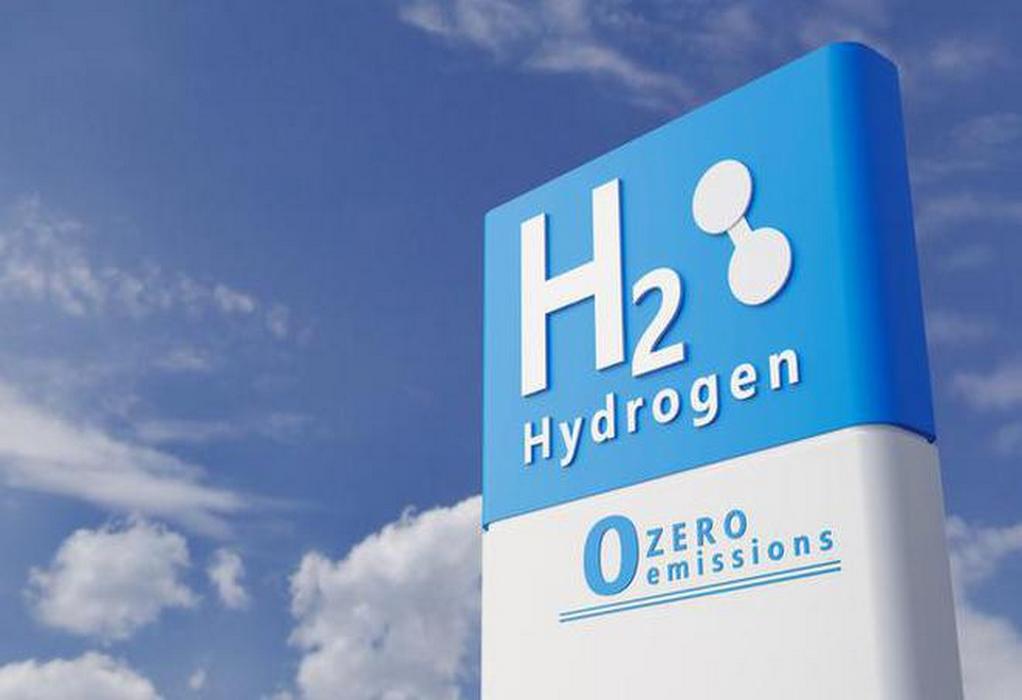Funding for researchers at Cranfield University to look at new ways to generate hydrogen energy from biomass has been announced by the UK Government.
The Project, which is called Bio-HyPER, is a collaboration between Cranfield University, Helical Energy, Bioenergy Infrastructure Group, Gas Technology Institute, Petrofac, and Origen Power.
The £250,000 funding for the Bio-HyPER project will allow Cranfield researchers to carry out a feasibility study looking at integrating biomass fuel into the HyPER pilot plant, which is currently under construction on campus.
The technology would allow biomass – organic products such as wood, grasses or used brewery hops – to be used to generate hydrogen while capturing CO2 emissions at the same time.
Rather than being burned, the biomass undergoes a process to turn it into a gas. The gas is then broken down into hydrogen and CO2, and a sorbent – a material used to absorb liquids or gases – is then used to capture the CO2.
The funding was announced by the Department for Business, Energy and Industrial Strategy (BEIS) through the Net Zero Innovation Portfolio (NZIP) as part of its Hydrogen BECCS (bioenergy with carbon capture and storage) Innovation Programme.
Tags: Biomass, Cranfield University, Funding, Hydrogen, UK Government



Recent Posts
TSUNEISHI Launches World’s First Methanol Dual-Fuel KAMSARMAX Bulk Carrier in the Philippines
Grimaldi Group Launches Ammonia-Ready Car Carrier Grande Shanghai in China
Incat Tasmania to Build Two Battery-Electric Ferries for Denmark’s Molslinjen
YamnaCo Signs MoU with Andhra Pradesh to Develop Large-Scale Green Hydrogen and Ammonia Project
WNTI and NEMO Sign MoU to Advance Nuclear-Powered Shipping and Mobile Nuclear Energy Solutions
TotalEnergies and CMA CGM Form Joint Venture for LNG Bunkering Operations in Rotterdam
Keel laid for Bibby Marine’s first zero-emission eCSOV
New Report Highlights Potential of Voluntary Insetting to Support Maritime Decarbonisation, Calls for Robust Safeguards